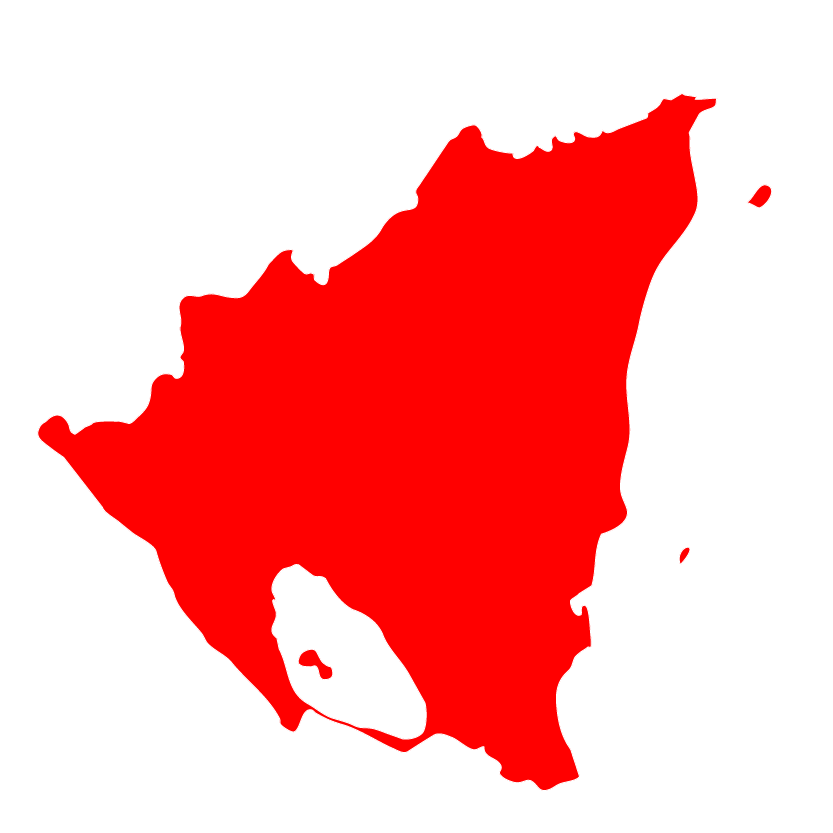The human rights situation in Nicaragua has deteriorated as observed by the Inter American Commission on Human Rights (IACHR) in relation to the violent events that have been taking place since the State repressed the protests on April 18, 2018, and subsequent events over the following weeks. According to figures gathered by the IACHR, the State’s repressive action has led to at least 295 deaths, 1,337 persons wounded as of June 19, and 507 persons deprived of liberty as of June 6, and hundreds of persons at risk of becoming victims of attacks, harassment, threats and other forms of intimidation. The Nicaraguan Association for Human Rights (ANPDH)) in its report as of July 26 indicates that there are 448 deaths (383 were civilians, 40 paramilitaries, 24 polices and a soldier) 2,720 injured and 718 kidnapped.
Police and paramilitary forces continue their raids in a house-to-house search, arresting people who participated in the protests. Based on the new antiterrorist law, many of them appear in court without any legal defense. The Permanent Commission of Human Rights (CPDH) informed to receive every day at least 20 complaints of people arrested by police or by irregular armed groups. Costa Rica has opened two shelters for people fleeing the crisis in Nicaragua and asylum seekers, with a capacity for about 2000 people, one in the north and one in the south of the country, with support from IOM and UNHCR. Authorities report between 100 to 150 Nicaraguans entering daily to Costa Rica for the first time. The Dutch cooperation announced its decision to suspend for two months any cooperation with the government of Nicaragua, due to serious human rights violations.
During August 28-29, a delegation of the World Council of Churches and ACT Alliance visited Nicaragua with the intention to listen to the experiences of people in churches, civil society, the Catholic Bishops’ Conference of Nicaragua, the government and with members of the ACT Alliance Nicaragua forum, to reaffirm and strengthen calls for justice and peace, and to advocate for the human rights of all people and respect for diverse ways of thinking in contemporary societies.
